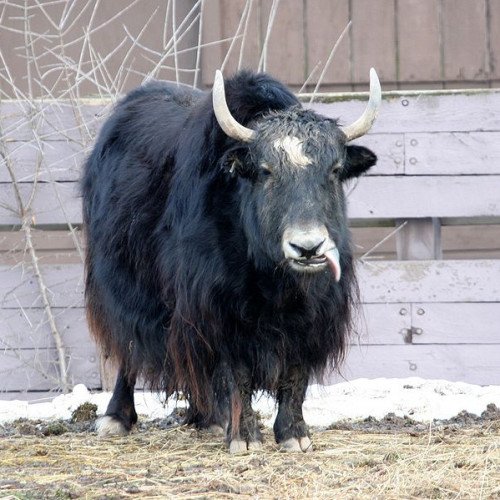Kui (Chinese mythology) VS White Tiger (mythology)

Kui (Chinese mythology)
Kui (Chinese: 夔; pinyin: kuí; Wade–Giles: k'uei) is a polysemous figure in ancient Chinese mythology. Classic texts use this name for the legendary musician Kui who invented music and dancing; for the one-legged mountain demon or rain-god Kui variously said to resemble a Chinese dragon, a drum, or a monkey with a human face; and for the Kuiniu wild yak or buffalo.
Statistics for this Xoptio

White Tiger (mythology)
The White Tiger (Chinese: 白虎 Báihǔ) is one of the Four Symbols of the Chinese constellations. It is sometimes called the White Tiger of the West (Chinese: 西方白虎; pinyin: Xīfāng Báihǔ), and is known as Baihu in Chinese, Byakko in Japanese, Baekho in Korean, and Bạch Hổ in Vietnamese. It represents the west in terms of direction and the autumn season.
Statistics for this Xoptio
Vs